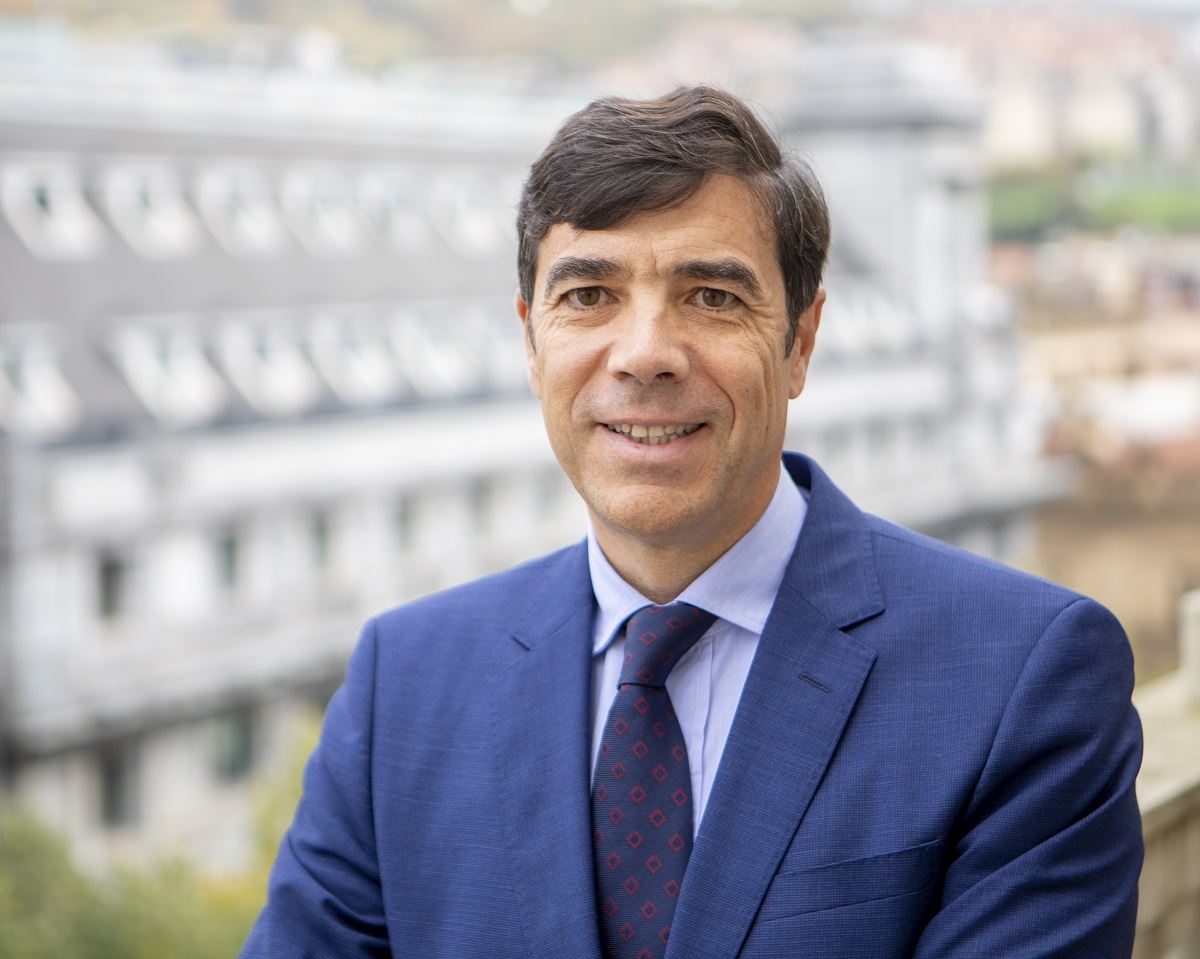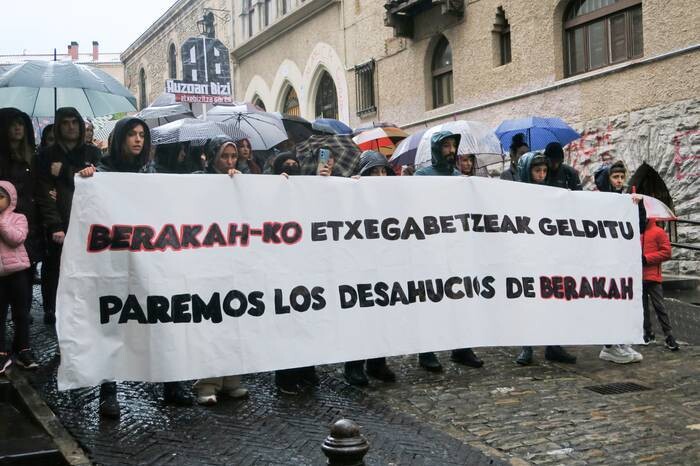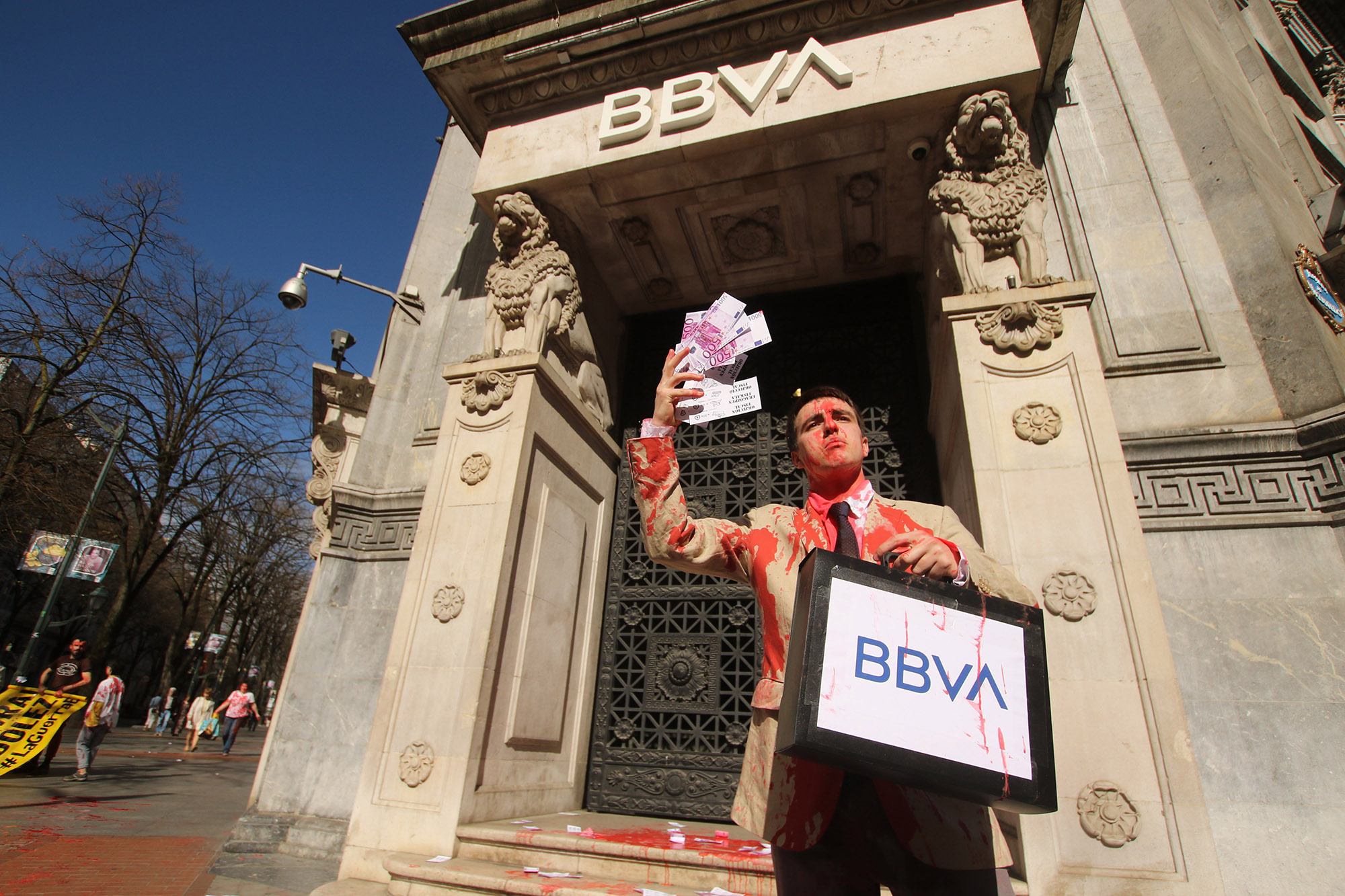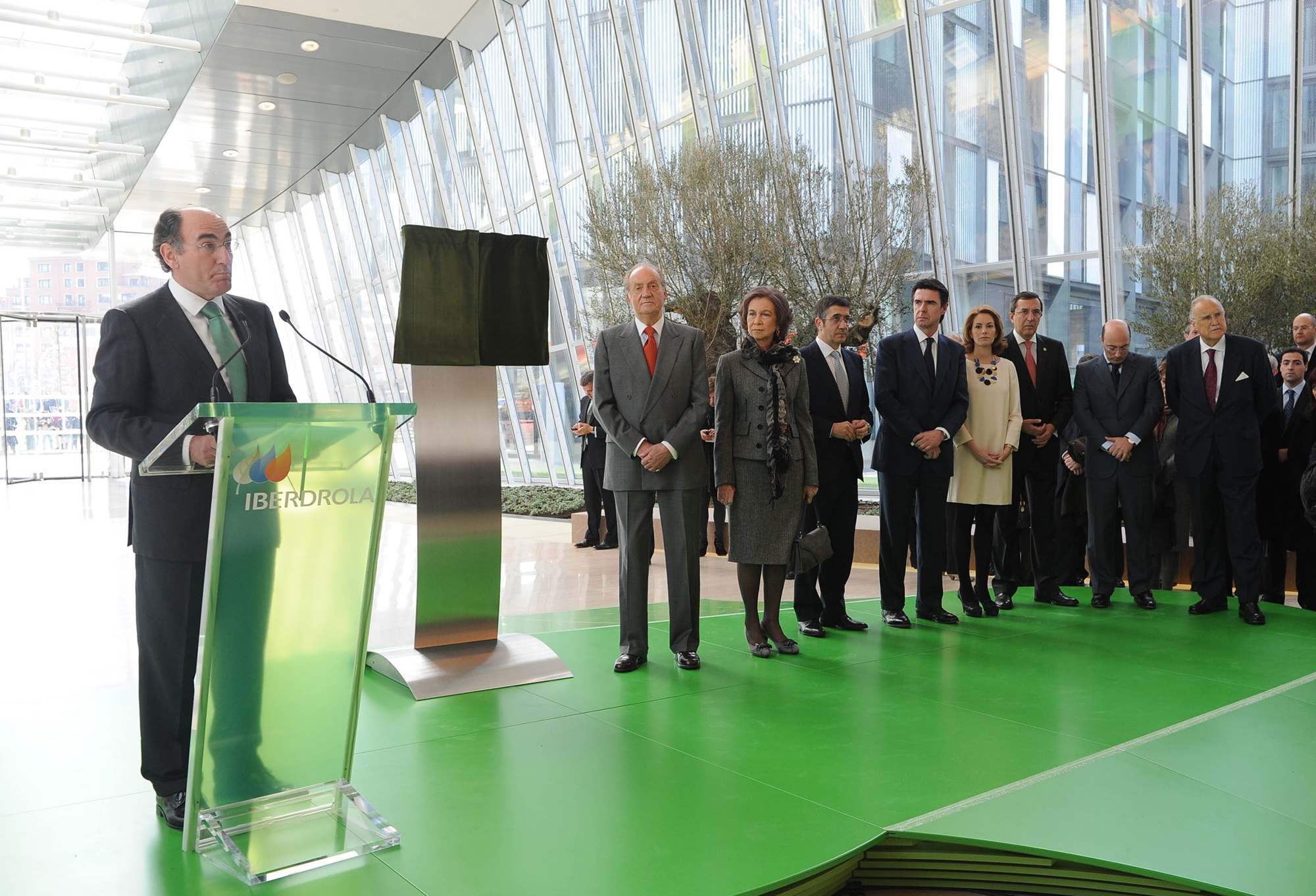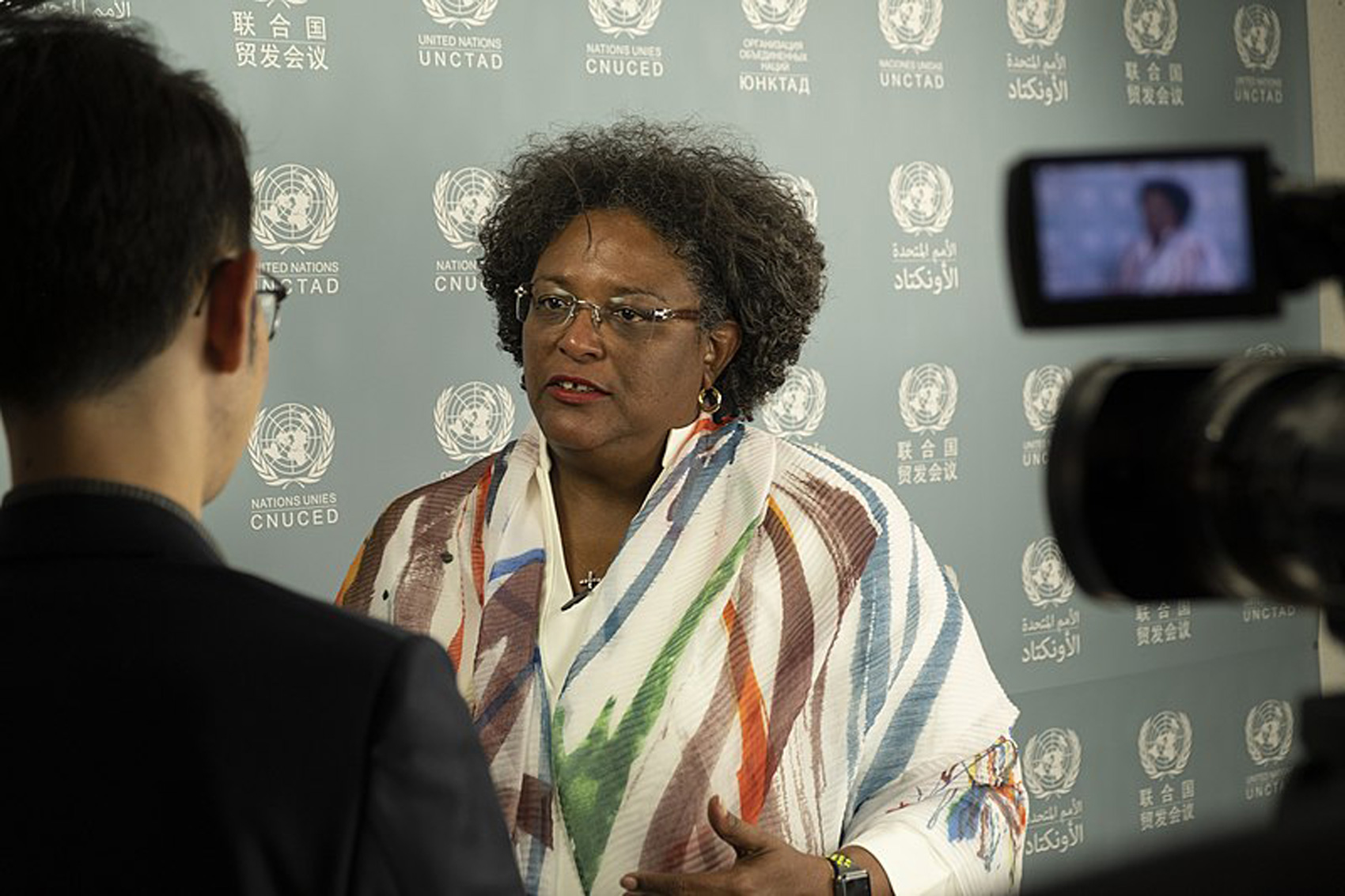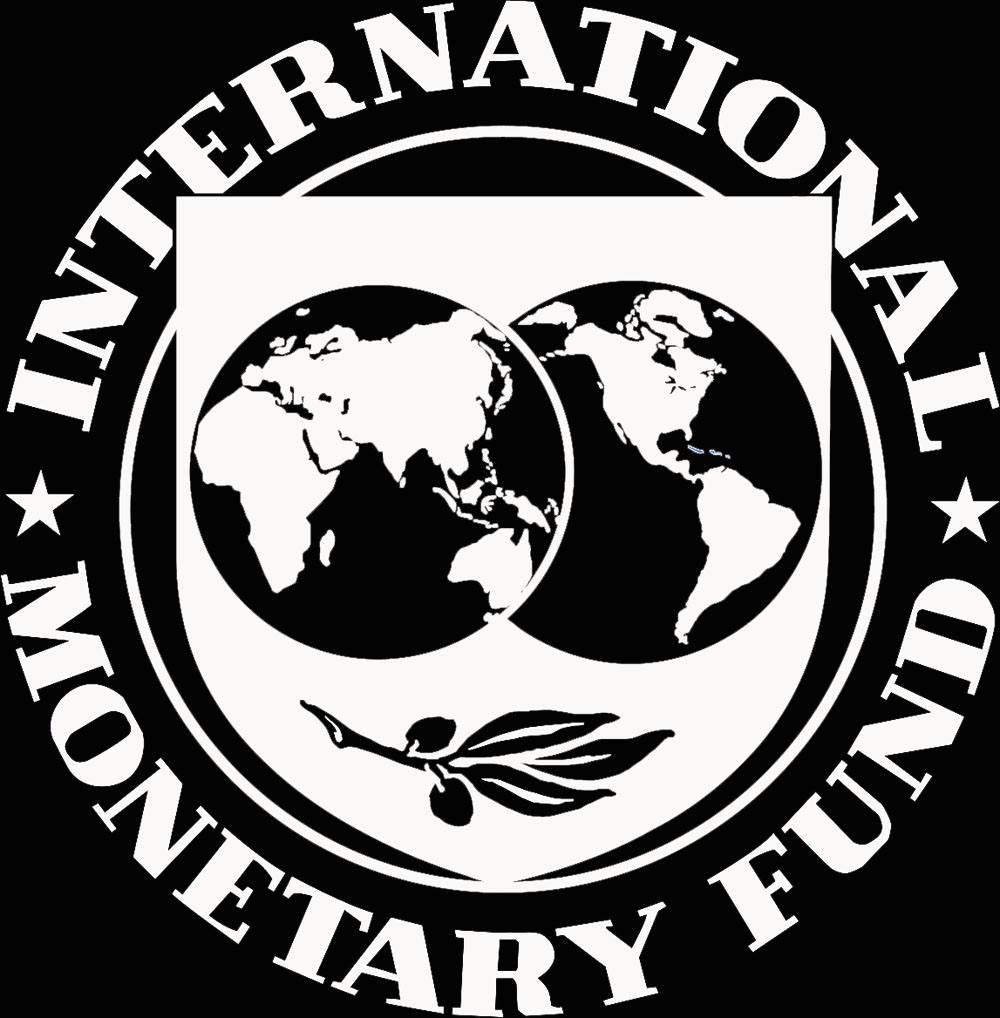
On .jpg) 22 July 1944, 75 years ago, the allied countries that were about to win the Second World War signed the Bretton Woods agreement. In that hotel in New Hampshire (USA), the United Nations established global financial relations and emerged the International Monetary Fund (IMF) and the World Bank, taking the dollar as a reference. The power and influence of the United States in this creation were evident, which influenced the evolution of these institutions.
22 July 1944, 75 years ago, the allied countries that were about to win the Second World War signed the Bretton Woods agreement. In that hotel in New Hampshire (USA), the United Nations established global financial relations and emerged the International Monetary Fund (IMF) and the World Bank, taking the dollar as a reference. The power and influence of the United States in this creation were evident, which influenced the evolution of these institutions.
One of the main objectives of the IMF is to provide money to countries in economic difficulties in exchange for a number of conditions. Their actions have been highly criticized for the hardness of the adjustment plans it imposes and for the impact it has on social spending. To make the countries most in need more dependent, it mainly uses debt, and to implement neoliberal policies it does not care if the dictatorship accompanies them.
Eric Toussain (CADTM) calls that “new colonialism”. In his books he stressed that the support of the IMF and the World Bank for dictatorships has been systematic in influencing its policies directly: Somoza in Nicaragua, Pinochet in Chile, Mobutu Zai… Paradoxically, the World Bank’s Statutes expressly prohibit him from intervening in political matters: “Only economic criteria can influence their decisions.”
But not only with political regimes that violate human rights, but they have also played with the vicissitudes of the economy, deliberately providing confusing information. The World Bank did so with the crisis that broke out in South America in 1982. In the 1960s, this bank issued warnings on possible problems due to the high indebtedness of some countries. However, according to Toussain, after the rise in the oil price of 1973, he began a double speech: on the one hand, he stopped using the word “crisis” publicly, and even more so, he pushed them into debt. On the other hand, the internal memoranda recognized that many of them could reach an “extreme situation” by not being able to repay loans. In a word, I knew the crisis was coming.
How can we explain that position of the World Bank? Oil exporters already had plenty of money because of the 1973 price hike and started investing in debt from other countries. But there's another reason for Toussant. “The World Bank wanted to increase its influence in the largest number of countries next to capitalism.” Thus, the money borrowed between 1978 and 1981 increased by 100 per cent, until the crisis broke out in 1982. Thus began the so-called “lost decade” of South America, led by the World Bank and the IMF.
There are those who compare this crisis with the 2008 Great Recession. A decade ago, the IMF was a discredited dinosaur, but when the paper castle of finance fell, the most powerful countries decided to strengthen it so it could continue to do what it has always done: squeeze the citizenry through economic blackmail. What will happen this time? It does not seem that the IMF is going to miss this new opportunity for domination, which has lasted 75 years.
Arma nuklearren produkzioarekin, mantentze lanekin eta modernizazioarekin loturak dituzten hainbat enpresa aztertu dituzte, eta horien artean agertzen dira BBVA, Santander bankua eta SEPI.
Frankismoa ez zela 1975ean amaitu diktadoreak ohean azken hatsa eman zuenean, hori badakigu. Erregimenaren haziek bizirik iraun zuten poliziaren tortura ziegetan, justizia auzitegien sumarioetan eta militarren zein politikarien deklarazio kolpistetan –Aznarrek azkenaldian... [+]









